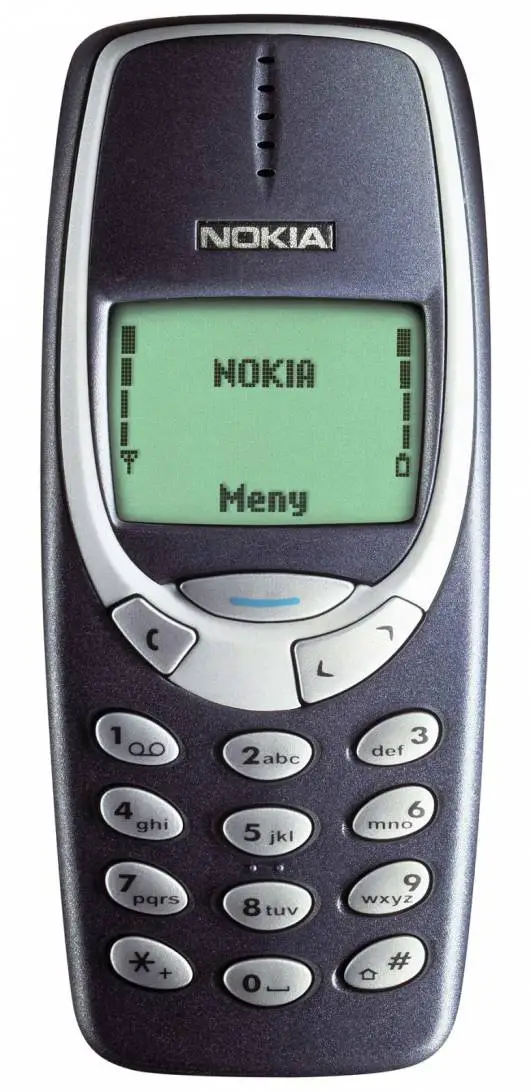I think that images and video are going to play a huge part in the future of social media. A picture speaks a thousand words, and a video can be watched whilst you do some work, so I think the benefits over reading content mean that we will use images and video more.
Many people I know are tiring of the narcissistic nature of Facebook (just how many times can that person change their profile picture? We all have one friend who changes it every day). There is also not much of substance to read on there. I love to keep up with friends who live too far away, and I have a sister travelling around the world at the moment, and it's great to see everywhere she goes and how happy she is. This however, makes my point even more, she's not telling me these things, she is uploading photos so I can see for myself.
Apparently, many youngsters are turning to Twitter, Instagram and Vine. Vine is great, you can easily make a 6 second video, they've made it really easy to put together and to share from a simple app.
There are many applications that have similar editing functionality to Instagram, but not many that have gained the critical mass that they have. People actually say "I'm going to Instagram it" as a verb the same as they say "Google it", a sign that they are a household name. Apparently, teens are put off by the fact that their parents are all on Facebook as well, so they have had to find another platform to share away from the prying eyes of their folks!
For website owners, the good news is that people generally don't mind watching adverts shown in video such as the ones on YouTube. Once they have played you don't get harassed by them again, which might be nicer than lots of text ads in amongst the content that you try to read. This will hopefully mean that websites can continue to produce unique content, as this has been gradually declining over the past few years due to drops in ad revenues.
Expect also to be tracked more. Advertisers don't want to waste their advertising budget any more, for example; they want to put an advert for expensive women's shoes in front of the person most likely to buy them, rather than show them to one hundred burly men. So, even on Facebook, expect your data to be collected and sold and shared, and to keep seeing ads from sites that you've visited showing up to tempt you to buy.

